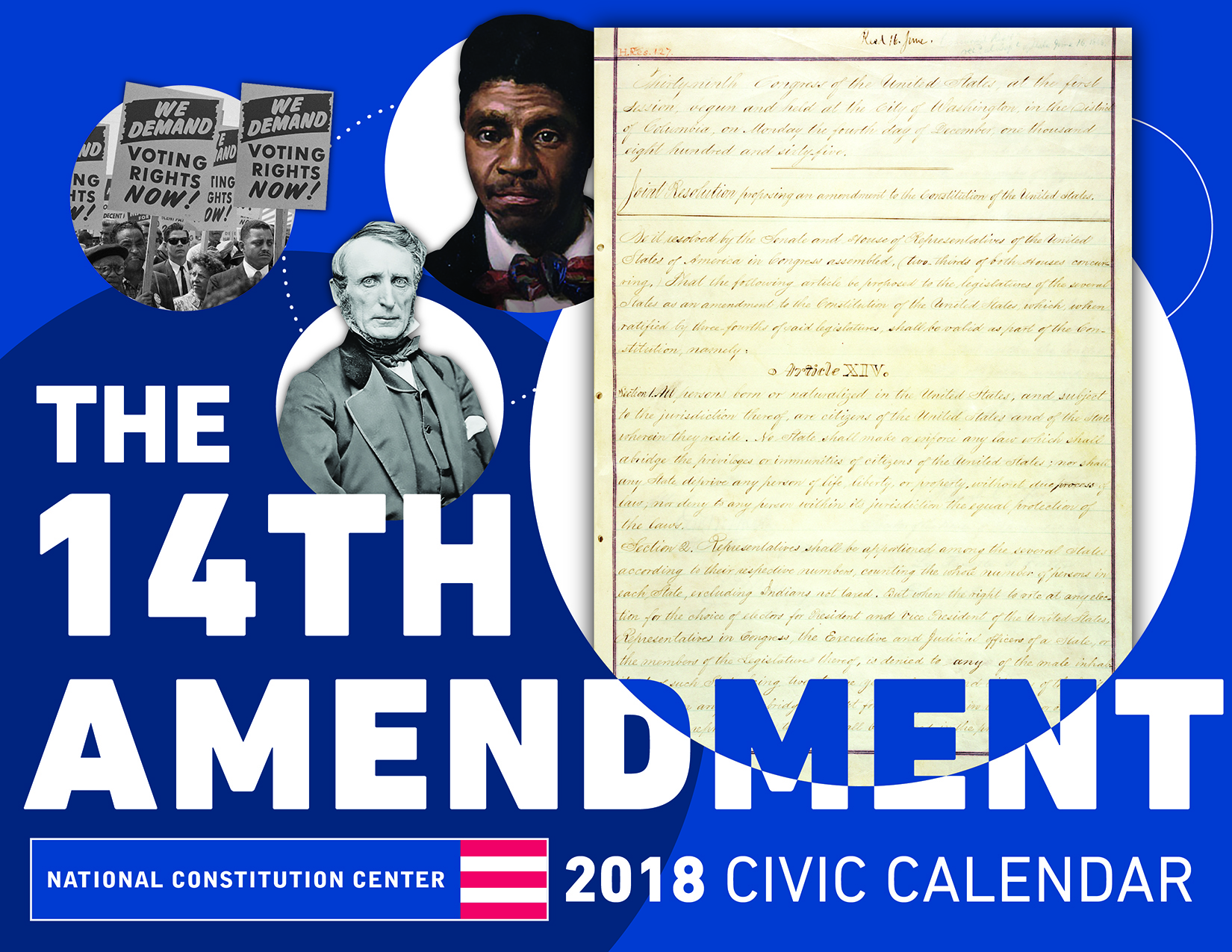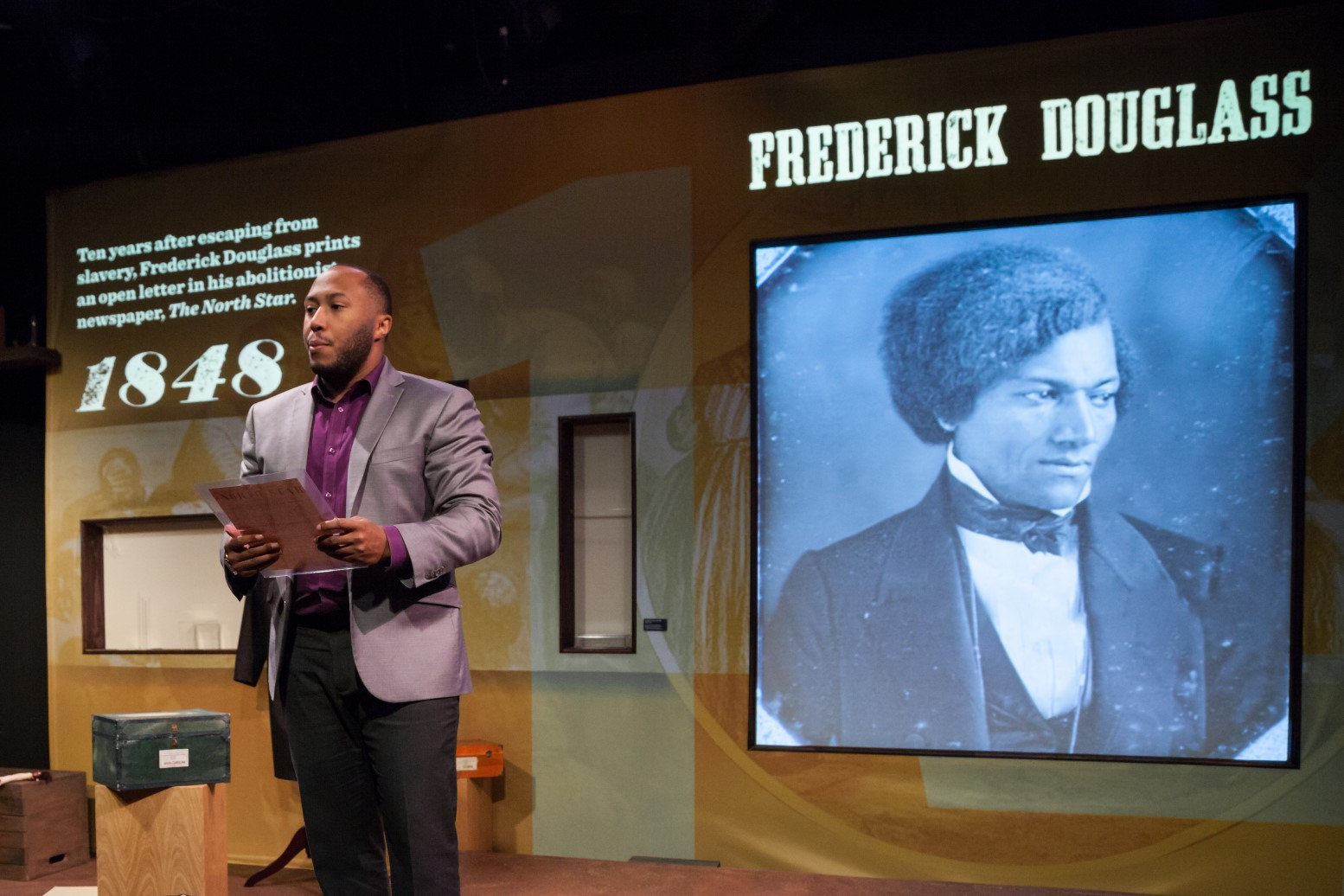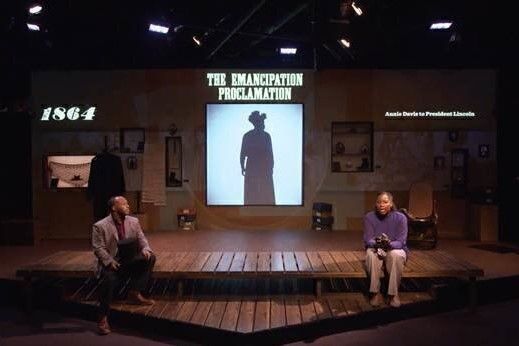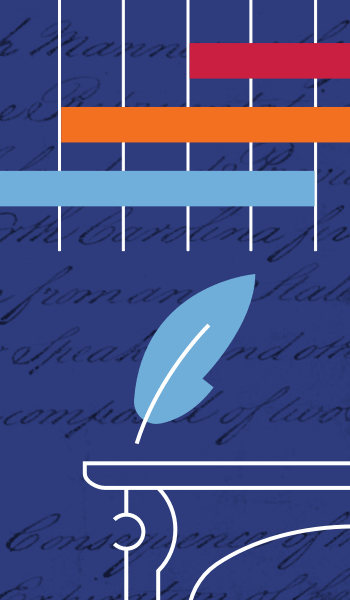Classroom Resources By Topic
14th Amendment

Introduction
The 14th Amendment wrote the Declaration of Independence's promise of freedom and equality into the Constitution. Ratified after the Civil War, this amendment transformed the Constitution forever and is at the core of a period that many scholars refer to as our nation’s “Second Founding.” Even so, the 14th Amendment remains the focus of many of today’s most important constitutional debates (and Supreme Court cases). In many ways, the history of the modern Supreme Court is largely a history of modern-day battles over the 14th Amendment's meaning. So many of the constitutional cases that Americans care about today turn on the 14th Amendment.
What is the 14th Amendment, and what does it say?
What core principles does it add to the Constitution?
How did the 14th Amendment transform the Constitution?
How does the 14th Amendment promote equality?
How does the 14th Amendment protect freedom?
What are some areas of ongoing constitutional debate?
Constitution 101
Module 14: The 14th Amendment: Battles for Freedom and Equality
Battles for Equality in America: The 14th Amendment Featuring Christopher R. Riano
In this Fun Friday Session, Christopher R. Riano, president of the Center for Civic Education, joins National Constitution Center President and CEO Jeffrey Rosen for a conversation on the 14th Amendment and the battle over its meaning from Reconstruction to the Supreme Court’s landmark decision on marriage equality in Obergefell.
2018 Civic Holiday Calendar: 14th Amendment
To commemorate the 150th anniversary of the 14th Amendment, the Center's 2018 calendar explores its history and legacy.

The Declaration and Frederick Douglass: A Clip From FOURTEEN
In this clip from FOURTEEN, the performance opens with the words of the Declaration of Independence, after which a performer reads an open letter from Douglass to his former slaveholder.

The 39th Congress Debates: A Clip From FOURTEEN
In this clip from FOURTEEN performers use the words of the 39th Congress as they debate the proposed 14th Amendment to the Constitution.

The Emancipation Proclamation: A Clip From FOURTEEN
In this clip from FOURTEEN, a performer embodying President Lincoln reads an excerpt of the Emancipation Proclamation. Another performer reads an 1864 letter written by Annie Davis, an enslaved woman who, upon hearing of the proclamation, seeks President Lincoln’s guidance on if she can freely travel to visit her family.









